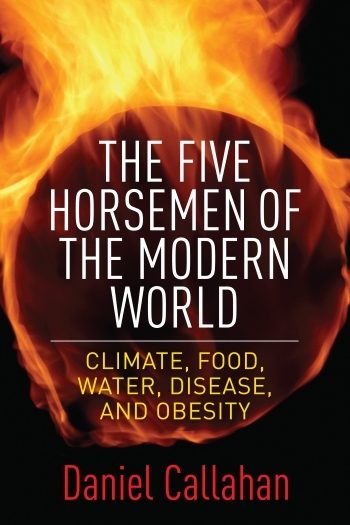Let me highlight toady one figure: 54% of adults in OECD countries today are overweight, including 19% who are obese. Obesity rates are higher than 30% in Hungary, New Zealand, Mexico and the United States.
Many indicators about current state of health in OECD and partner countries can be found in the report. And the public health message is:
While smoking rates continue to decline, there has been little success in tackling obesity and harmful alcohol use, and air pollution is often neglectedThese are the new epidemics and prescriptions are not easy to find to curb the current trend.
The report shows many positive messages and this should be a reason for trust in our future, however the uncertainties regarding new risks and how to tackle remain.
Gramophone All Stars Jazz Band. Maraca Soul album. Iko Iko


